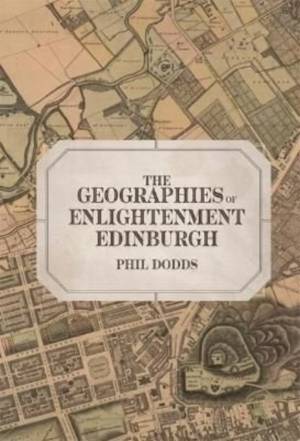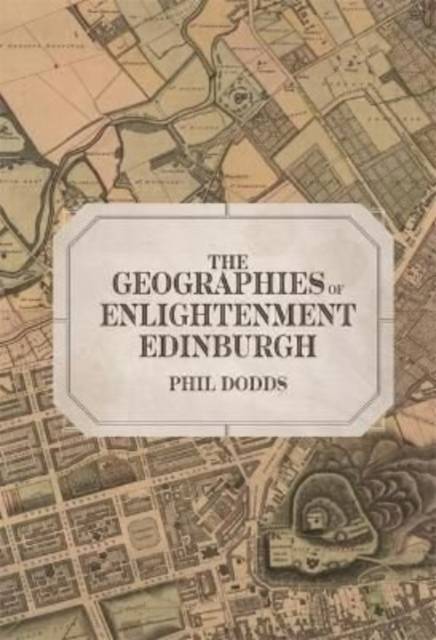
En raison d'une grêve chez bpost, votre commande pourrait être retardée. Vous avez besoin d’un livre rapidement ? Nos magasins vous accueillent à bras ouverts !
- Retrait gratuit dans votre magasin Club
- 7.000.000 titres dans notre catalogue
- Payer en toute sécurité
- Toujours un magasin près de chez vous
En raison de la grêve chez bpost, votre commande pourrait être retardée. Vous avez besoin d’un livre rapidement ? Nos magasins vous accueillent à bras ouverts !
- Retrait gratuit dans votre magasin Club
- 7.000.0000 titres dans notre catalogue
- Payer en toute sécurité
- Toujours un magasin près de chez vous
Description
This innovative book explores how the making of Edinburgh as an influential Enlightenment capital depended on a series of spatial processes that extended across urban, regional, national and global scales. Edinburgh was an Enlightenment city of regional, national and global influence. But how did the people of Enlightenment Edinburgh understand and order their world? How did they encounter, compare and produce different kinds of spaces, from the urban to the world scale? And how did this city set the universal standards by which other places should be judged and transformed? The Geographies of Enlightenment Edinburgh answers these questions by exploring the thousands of urban plans, county surveys, travel accounts and encyclopaedias that passed through a busy Edinburgh bookshop over four decades. It reveals how these geographical publications were produced and shared, and sheds light on the people who bought and used them - including moral philosophers, silk merchants, school teachers, ship's surgeons and slave owners. This is the story of how specific methods of mapping space came ultimately to predict and organize it, creating a new world in Edinburgh's image. By connecting global processes of knowledge production to intimate accounts of its reception in the city, this book deepens our understanding of the Scottish Enlightenment and the world it made.
Spécifications
Parties prenantes
- Auteur(s) :
- Editeur:
Contenu
- Nombre de pages :
- 384
- Langue:
- Anglais
- Collection :
- Tome:
- n° 11
Caractéristiques
- EAN:
- 9781783277032
- Date de parution :
- 20-05-22
- Format:
- Livre relié
- Format numérique:
- Genaaid
- Dimensions :
- 156 mm x 234 mm
- Poids :
- 707 g

Les avis
Nous publions uniquement les avis qui respectent les conditions requises. Consultez nos conditions pour les avis.






